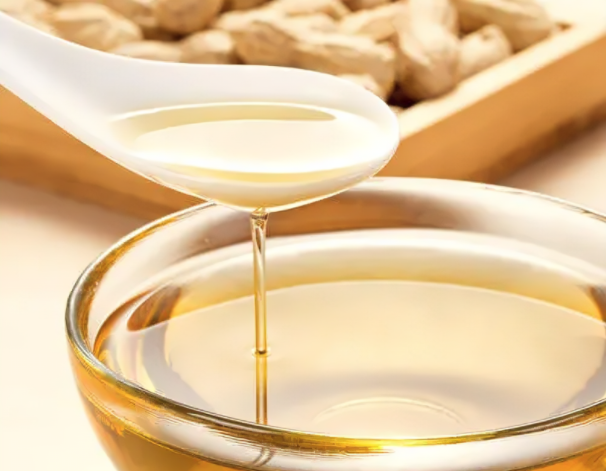How about the oil used for frying peanuts in the workshop oil press?
What are the risks of squeezing oil from soil
The risk of oil extraction comes from three aspects: one is the raw material, and the other is the production method. It is a pity to tell everyone that soil extraction is not only unhealthy, but also contains an excessive amount of strong carcinogen "aflatoxin", low smoke point is easy to produce benzopyrene, and the shelf life is very short.
The "earth pressed peanut oil" in the small workshop has potential safety hazards, which is not new. Every year, the media exposes the news that the "earth pressed peanut oil" has been detected with excessive aflatoxin. Aflatoxin is highly toxic and resistant to high temperatures, making it difficult to kill.
Aflatoxins are classified as a class of naturally occurring carcinogens by the Cancer Research Institute of the World Health Organization (WHO). They are highly toxic and highly toxic substances.
Because there is no effective supervision, no one controls the raw materials of edible oil. If moldy corn, peanuts and rapeseeds are used, it is easy to cause aflatoxin infection.
If you eat a small amount for a long time, people will get liver cancer unknowingly. If you eat too much in a short time, it will cause acute poisoning.

Refining method
The biggest difference between oil extraction in one's own or small workshops and oil produced in the food industry is that industrial production has more refining processes. The biggest problem is that the equipment and technology are out of date. The problems caused by this are many impurities, low smoke point, and short shelf life.
1. Many impurities
Because of financial problems, small workshops often do not invest in professional equipment, which results in many impurities in the oil produced, that is, "crude oil" is also called "crude oil", which contains water, mechanical impurities, colloids, free fatty acids, pigments, Impurities such as hydrocarbons and metal compounds may also contain toxic heavy metals such as arsenic and mercury and residual pesticides. Does not meet the requirements of national food safety standards:
Unrefined vegetable crude oil cannot be used directly and can only be used as a raw material for refined oil.
2. Low smoke point
In addition, due to the inability to refine, a problem has also arisen: the oil has a low smoke point. The smoke point of the same type of oil is closely related to the impurities in it. The smoke point of soybean and peanut crude oil is about 160 degrees, and after refining it can reach more than 230 degrees.
Smoke will produce benzopyrene, which is a kind of carcinogen. It will be produced with smoke. The higher the barbecue temperature, the closer the food is to the fire source, and the higher the fat content of the meat, the production of benzopyrene is more.
Anyone who has ever cooked knows that if the oil is hot, it will emit oily smoke. Oil fume contains acrolein, a highly toxic substance, which is a strong irritation to the eyes and respiratory tract. The soil squeezed oil contains more acrolein.
This is why the major edible oil manufacturers try their best to increase the smoke point of the oil.
3. Short shelf life
The presence of impurities can accelerate the oxidation of oils, and because of the high content of unsaturated fats, the soil squeezed oil is easier to oxidize and deteriorate. What's more frightening is that this kind of deterioration cannot be distinguished by the naked eye. Coupled with the audience group of soil oil extraction-the elderly have always saved, even if you smell the smell of soil oil extraction, you will not care too much.
Copyright © Henan Zhongxing Grain And Oil Machinery Co.,Ltd. All Rights Reserved. Powered by MetInfo